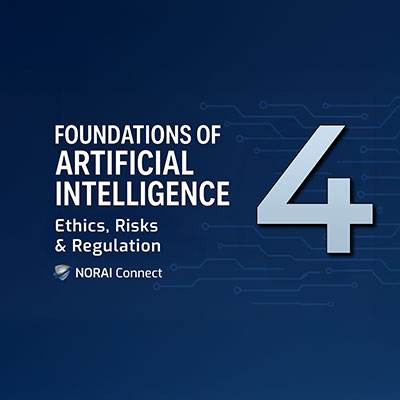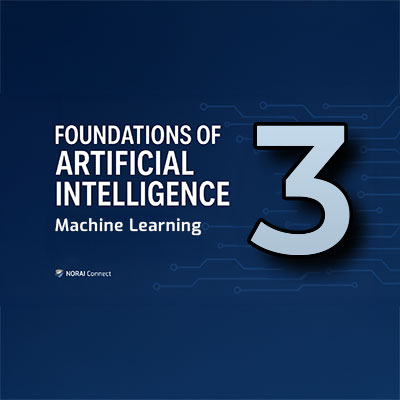Artificial Intelligence (AI) has rapidly transformed various sectors, from healthcare to finance, offering unprecedented efficiencies and innovations. As we approach 2030, the integration of AI into business operations is expected to deepen, reshaping industries and redefining the nature of work. However, to fully harness AI’s potential, we must address existing challenges that could hinder its mainstream adoption.
As everyone loves lists and it is said that readers mainly skim the content by headlines and bullets, let’s make this article a bit easier to consume!
The Projected Role of AI in Business by 2030
By 2030, AI is anticipated to be the backbone of numerous business functions:
Enhanced Decision-Making: AI will process vast datasets in real-time, providing actionable insights that drive strategic decisions. This capability will enable businesses to respond swiftly to market changes and consumer preferences.
Automation of Routine Tasks: Repetitive tasks across sectors such as manufacturing, logistics, and customer service will be automated, leading to increased efficiency and reduced operational costs.
Personalised Customer Experiences: AI-driven analytics will allow companies to offer tailored products and services, enhancing customer satisfaction and loyalty.
Predictive Maintenance: In industries like manufacturing and transportation, AI will predict equipment failures before they occur, minimising downtime and maintenance costs.
Advanced Cybersecurity: AI will play a pivotal role in identifying and mitigating cyber threats, safeguarding sensitive data and maintaining trust. Cybersecurity companies are already emphasising AI as a core component of their future strategies. wsj.com

Current Challenges Hindering AI's Mainstream Adoption
Despite its potential, several issues need resolution to ensure AI’s seamless integration into business:
Ethical Considerations and Bias: AI systems can inadvertently perpetuate biases present in their training data, leading to unfair outcomes. Addressing these biases is crucial to prevent discrimination and ensure equitable AI applications.
Transparency and Explainability: Many AI models, especially deep learning networks, operate as “black boxes,” making it challenging to understand their decision-making processes. This opacity can hinder trust and complicate accountability.
Data Privacy Concerns: The extensive data collection required for AI can lead to privacy infringements if not managed responsibly. Ensuring compliance with data protection regulations is essential to maintain public trust.
Job Displacement and Workforce Adaptation: The automation potential of AI raises concerns about job losses and the need for workforce reskilling. Proactively addressing these issues is vital to mitigate societal impacts.
Dominance by Tech Giants: The AI landscape is currently dominated by major tech companies, potentially stifling competition and innovation. Encouraging a more inclusive AI ecosystem is necessary for balanced growth. en.wikipedia.org
The Path Forward: Addressing Current Challenges

To prepare for a future where AI is fully integrated into business operations, we must tackle these challenges head-on:
Implement Ethical AI Frameworks: Develop and enforce guidelines that promote fairness, accountability, and transparency in AI development and deployment.
Enhance AI Explainability: Invest in research to make AI models more interpretable, allowing stakeholders to understand and trust AI-driven decisions.
Strengthen Data Governance: Establish robust data management practices that protect privacy and ensure compliance with evolving regulations.
Promote Workforce Reskilling: Initiate training programs to equip employees with skills complementary to AI, facilitating a smooth transition into an AI-augmented workplace.
Foster Inclusive Innovation: Support startups and smaller enterprises in the AI space to diversify innovation and prevent monopolistic control.
Final Thoughts
We recognise these challenges here at the North Atlantic HQ and we are dedicated to developing solutions that facilitate ethical AI adoption. Our initiatives focus on creating transparent AI systems, enhancing data privacy measures and offering compliant and future-proof solutions for businesses, not only in Europe, but also worldwide.
The trajectory of AI suggests a future rich with possibilities, but realising this potential requires proactive efforts to address current shortcomings. By implementing ethical frameworks, enhancing transparency, safeguarding data privacy, supporting workforce adaptation and promoting inclusive innovation, we can pave the way for a future where AI benefits all. Quite a mouthful, I know, but this doesn’t have to mean it’s not possible. It is up to us all to do things ethically, even if it would mean less profits in the short term.
What’s your biggest concern about AI’s future?
North Atlantic
Victor A. Lausas




